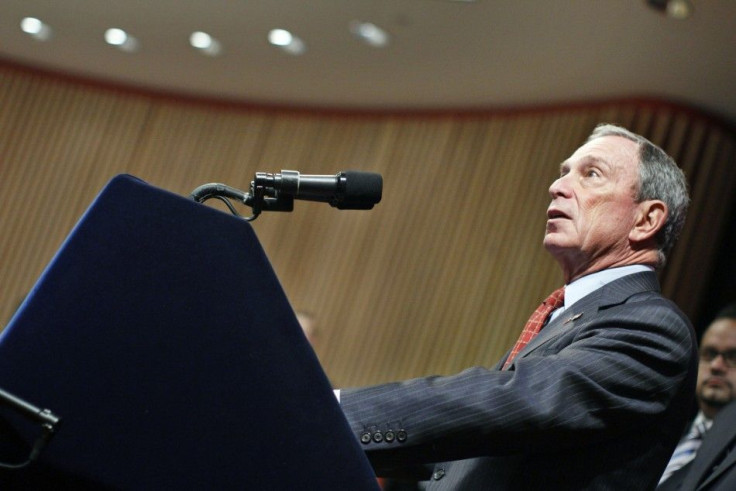NYC Will Open 54 New Schools This Fall & A Software Engineering School, Says Bloomberg

Mayor Michael R. Bloomberg and Schools Chancellor Dennis Walcott announced the city's plan to open 54 new schools this fall, including a high school academy for software engineering. Come September, the Bloomberg administration will have closed 140 schools and opened 589 new ones since 2002, through a longstanding policy that has set out to replace poorly performing schools. The new schools will eventually serve more than 21,000 students.
Students and parents deserve top-quality school choices, and we're going to continue to ensure that they have even more of them, the mayor said at a news conference held at Washington Irving High School, the site of the future software and engineering high school. The software engineering academy is unique in that it will offer career-oriented classes in programming and business, and is a part of a greater initiative to reduce the city's economic reliance on Wall Street.
The other new schools, which are generally smaller and often share the spaces of vacated school buildings, will offer a standard curriculum for all grades, from kindergarten to high school . In the past, these newer schools have boasted higher graduation rates and better exam scores when compared to the schools they have replaced.
I don't think there's any question that public schools are continuing to improve. Since 2005, our graduation rates have climbed 40 percent, compared to an increase of just eight percent among public schools in the rest of the state, Bloomberg said.
Bloomberg has, however, faced criticism for the program, and at a forum at New York University, a advocates of the Working Group on School Transformation released a report arguing that the mayor specifically shut down 23 schools that generally had a higher proportion of special-education students, lower-income students and students who were less proficient in math and reading compared to other students of the school system, according to the NY Times.
The teacher's union has also voiced their grievances, arguing that the reason the new schools were appearing to perform better was because students at those schools did not face socio-economic challenges. Bloomberg responded to the argument saying that, The student bodies of these new schools mirror those of the schools they replace with similar percentages of black and Latino students, English-language learners and students with disabilities.
Candidates hoping to replace Bloomberg in 2013 chimed in Tuesday to criticize the mayor's education policies. One such candidate, Manhattan Borough President Scott Stringer, told NY1 I do not believe that in this education debate that we can go backwards and that we need strong leadership going forwards. Most of the candidates, however, seem to agree that mayoral control of the school system is still necessary and that the problem lies with the mayor himself.
Bloomberg said the city is investing $22 billion into its schools each year. This year, 24 of the 54 school being opened in the fall will be charter schools while the remaining 30 will be regular public schools.
© Copyright IBTimes 2024. All rights reserved.











